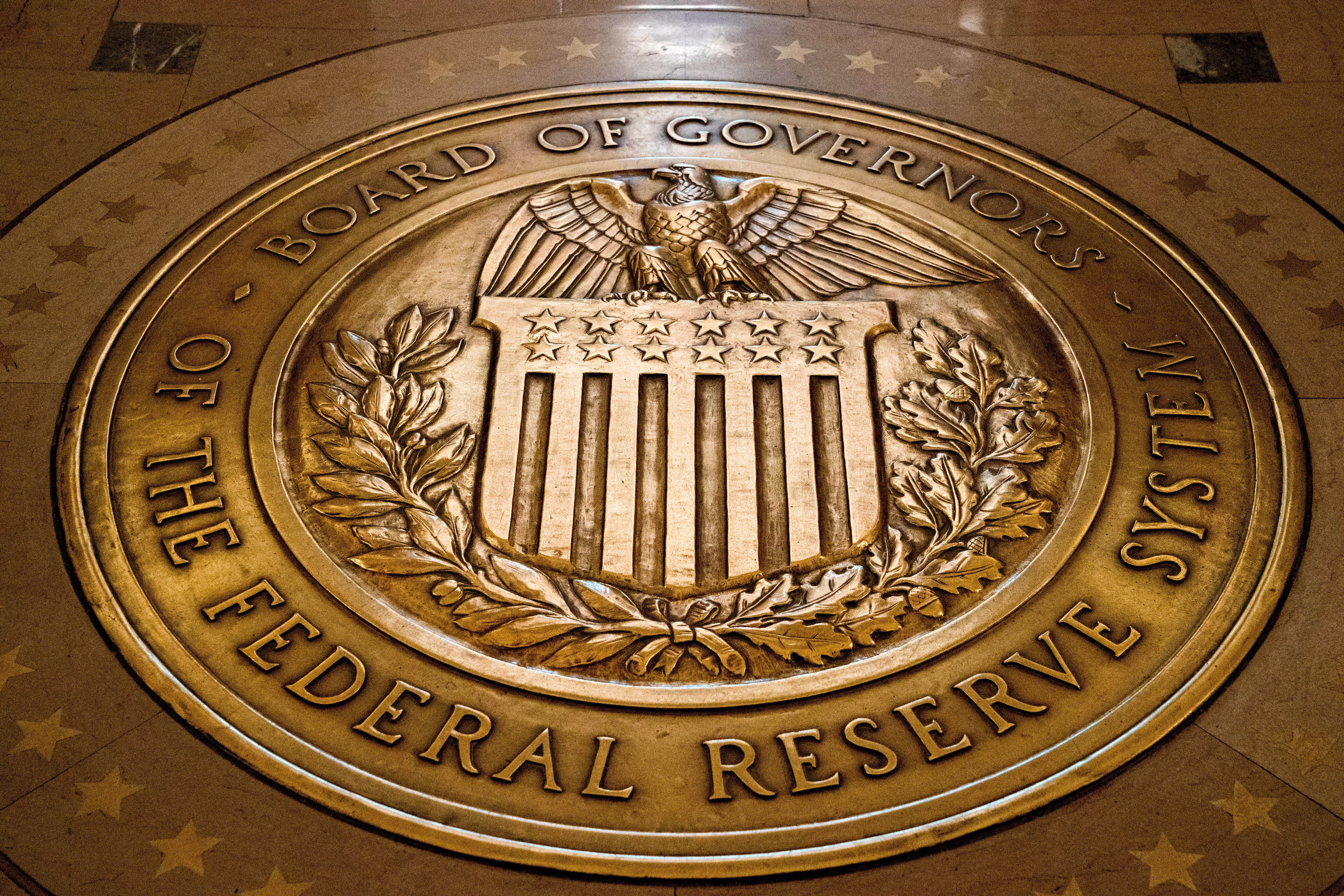The Iowa caucus is still six months away and Democrats are already working hard to get the state to return to their side of the aisle.
"Iowa is the quintessential purple state," Troy Price, the chair of the state's Democratic party, told Cheddar. "There are a lot of swing voters in this state and that is who we are talking to."
The party has already begun employing organizers this year — the earliest it has started hiring for any election cycle in a decade, according to Price.
Democratic primary contenders also have their eyes set on re-taking the state, with several showing up to woo voters, and taste an array of carnival snacks, at the closely-watched Iowa State Fair.
Iowa voters helped elect President Obama in 2008 and 2012, but flipped in 2016 with President Trump getting just over 50 percent of votes. However, Price said he is confident the state will be blue again in 2020.
"As we go through this process, we are going to see more and more people coming to our side," he said. "And not just Democrats coming out to the caucuses but Independent and even Republicans."
Yet the confidence is equally strong within the Republican Party.
Jeff Kaufmann, the GOP's Iowa chairman, said that while the "climate was good for Democrats" in 2008 and 2012, Iowans remain steadfast Republicans and Trump supporters.
"People were fed up with Democrats and Republicans for not keeping their promises," Kaufmann told Cheddar regarding the state's embrace of Trump in the general election. Texas Sen. Ted Cruz, however, won the state's primary caucus in 2016.
Aside from being the first state in the nation to select a presidential nominee, Iowa has also been at the center of recent political discourse over the U.S.-China trade war. Farmers in the agriculture-heavy state have taken a big hit as China announced it was cutting off produce imports.
Late last month, the Department of Agriculture announced a $16 billion aid package for farmers nationwide to help offset the losses.
The relief plan will "ensure farmers will not stand alone in facing unjustified retaliatory tariffs while President Trump continues working to solidify better and stronger trade deals around the globe," Agriculture Secretary Sonny Perdue said in a statement. The announcement follows another $12 billion assistance program implemented last year.
Iowa farmers "don't want bailouts, they want to trade," Price told Cheddar. "They want to have the ability to sell their products."
Yet Kaufmann — a self described "seventh generation Iowa farm boy" — claimed that farmers are not abandoning the president and are willing to endure the hardships in the near future.
"For the short-term pain that the tariffs are causing ... that is a firecracker compared to the atomic bomb of the Green New Deal," Kaufmann said, invoking a lesser-of-two-evils argument in reference to the Demcoratic proposal to overhaul the U.S. economy in order to combat climate change.
Price, meanwhile, stressed that Democrats will secure "a trade deal that's going to be able to protect our country, protect our workers, and protect our farmers."
Federal Reserve Chair Jerome Powell on Tuesday signaled a cautious approach to future interest rate cuts, in sharp contrast with other Fed officials who have called for a more urgent approach. In remarks in Providence, Rhode Island, Powell noted that there are risks to both of the Fed’s goals of seeking maximum employment and stable prices. His approach is in sharp contrast to some members of the Fed’s rate-setting committee who are pushing for faster cuts.
President Donald Trump’s efforts to reshape the American media landscape have led to the suspension of late-night comedian Jimmy Kimmel.
Ben & Jerry’s co-founder Jerry Greenfield is leaving the ice cream brand after 47 years. He says the freedom the company used to have to speak up on social issues has been stifled
The Federal Reserve cut its key interest rate by a quarter-point Wednesday and projected it would do so twice more this year as concern grows at the central bank about the health of the nation’s labor market. The move is the Fed’s first cut since December and lowered its short-term rate to about 4.1%, down from 4.3%. Fed officials, led by Chair Jerome Powell, had kept their rate unchanged this year as they evaluated the impact of tariffs, tighter immigration enforcement, and other Trump administration policies on inflation and the economy. The only dissenter was Stephen Miran, the recent Trump-appointee.
After a late-night vote and last-minute ruling, the Federal Reserve began a key meeting on interest rate policy Tuesday with both a new Trump administration appointee and an official the White House has targeted for removal.
The Trump administration has issued its first warnings to online services that offer unofficial versions of popular drugs like the blockbuster obesity treatment Wegovy.
Albania's Prime Minister Edi Rama says his new Cabinet will include an artificial intelligence “minister” in charge of fighting corruption. The AI, named Diella, will oversee public funding projects and combat corruption in public tenders. Diella was launched earlier this year as a virtual assistant on the government's public service platform. Corruption has been a persistent issue in Albania since 1990. Rama's Socialist Party won a fourth consecutive term in May. It aims to deliver EU membership for Albania in five years, but the opposition Democratic Party remains skeptical.
The Trump administration has asked an appeals court to remove Lisa Cook from the Federal Reserve’s board of governors by Monday, before the central bank’s next vote on interest rates. Trump sought to fire Cook Aug. 25, but a federal judge ruled late Tuesday that the removal was illegal and reinstated her to the Fed’s board.
President Donald Trump's administration is appealing a ruling blocking him from immediately firing Federal Reserve Gov. Lisa Cook as he seeks more control over the traditionally independent board. The notice of appeal was filed Wednesday, hours after U.S. District Judge Jia Cobb handed down the ruling. The White House insists the Republican president had the right to fire Cook over mortgage fraud allegations involving properties in Michigan and Georgia from before she joined the Fed. Cook's lawsuit denies the allegations and says the firing was unlawful. The case could soon reach the Supreme Court, which has allowed Trump to fire members of other independent agencies but suggested that power has limitations at the Fed.
Chief Justice John Roberts has let President Donald Trump remove a member of the Federal Trade Commission, the latest in a string of high-profile firings allowed for now by the Supreme Court.












